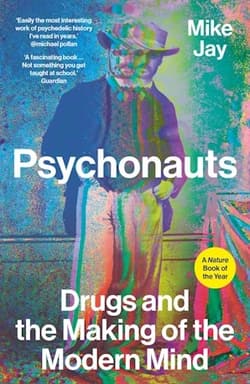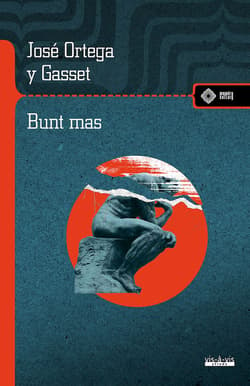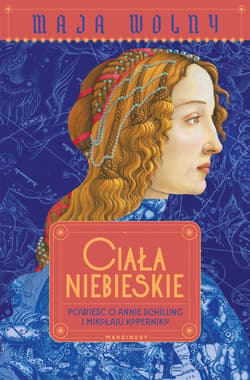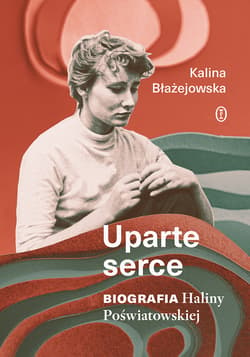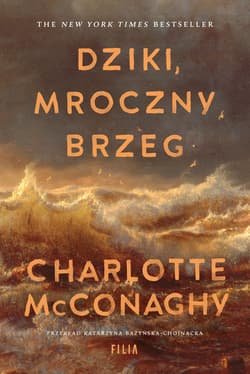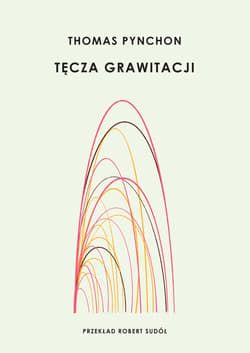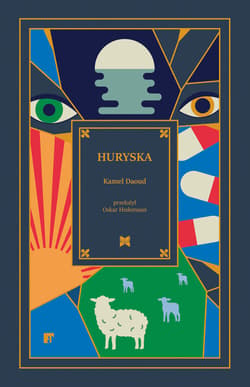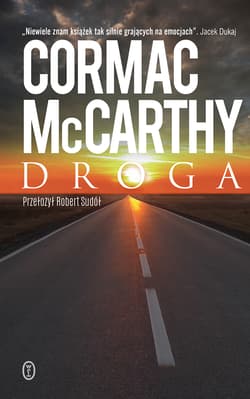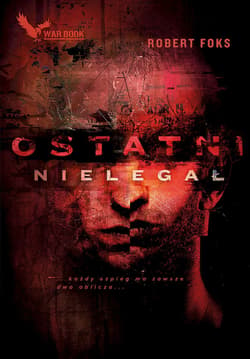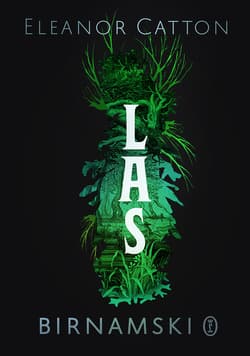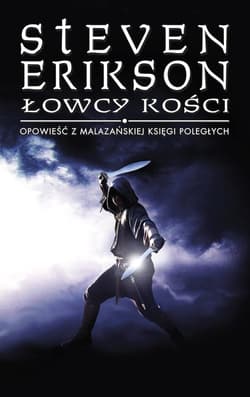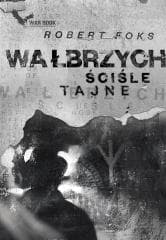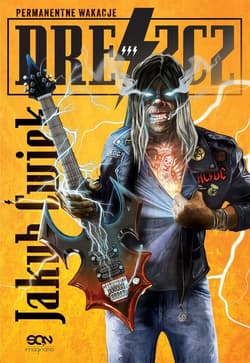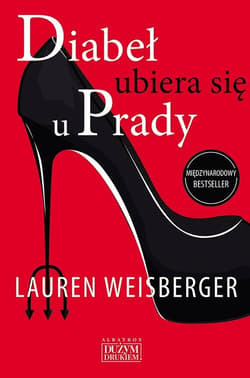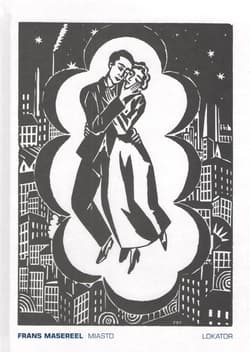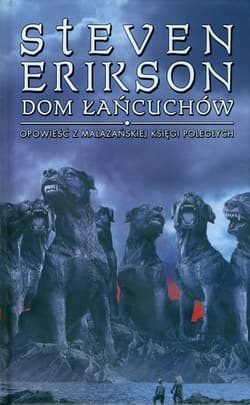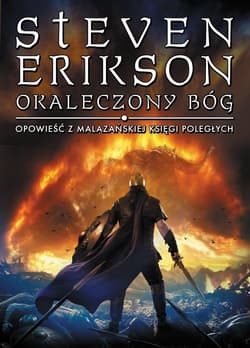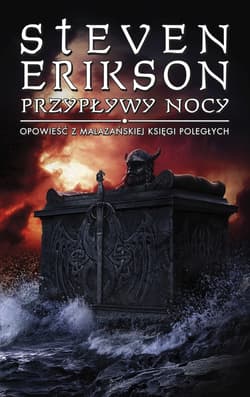Yale University Press

Informacje o sortowaniu:
sortowanie wg Popularności:
Produkty są sortowane według popularności na podstawie kilku czynników: liczby zakupów, ilości i wartości wystawionych ocen, zainteresowania użytkowników mierzonych dodaniem produktu do koszyka lub ulubionych.
sortowanie wg Cena - od najniższej:
Produkty są sortowane po aktualnej cenie sprzedaży, od najniższej do najwyższej.
sortowanie wg Cena - od najwyższej:
Produkty są sortowane po aktualnej cenie sprzedaży, od najwyższej do najniższej.
sortowanie wg Od najnowszych:
Produkty są sortowane według daty premiery. Na początku wyświetlane są najnowsze tytuły, które dopiero trafiły do sprzedaży lub będą dostępne w najbliższym czasie
sortowanie wg Od najstarszych:
Produkty są sortowane według daty premiery. Na początku wyświetlane są najstarsze tytuły.
sortowanie wg Popularności:
Produkty są sortowane według popularności na podstawie kilku czynników: liczby zakupów, ilości i wartości wystawionych ocen, zainteresowania użytkowników mierzonych dodaniem produktu do koszyka lub ulubionych.
sortowanie wg Cena - od najniższej:
Produkty są sortowane po aktualnej cenie sprzedaży, od najniższej do najwyższej.
sortowanie wg Cena - od najwyższej:
Produkty są sortowane po aktualnej cenie sprzedaży, od najwyższej do najniższej.
sortowanie wg Od najnowszych:
Produkty są sortowane według daty premiery. Na początku wyświetlane są najnowsze tytuły, które dopiero trafiły do sprzedaży lub będą dostępne w najbliższym czasie
sortowanie wg Od najstarszych:
Produkty są sortowane według daty premiery. Na początku wyświetlane są najstarsze tytuły.
Po użyciu produkty będą automatycznie filtrowane. Wybierz filtry.
Cena
53,90 zł
Najniższa cena z 30 dni przed obniżką.
70,00 zł
- sugerowana cena detaliczna
Jay Mike
Książka. Okładka broszurowa (miękka)
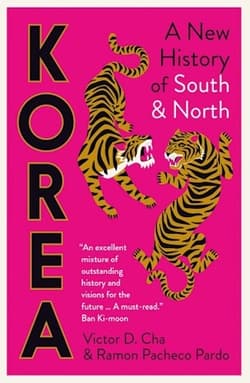
52,50 zł
Najniższa cena z 30 dni przed obniżką.
70,00 zł
- sugerowana cena detaliczna
Korea wer. angielska
Chwilowo niedostępny
Książka. Okładka broszurowa (miękka)
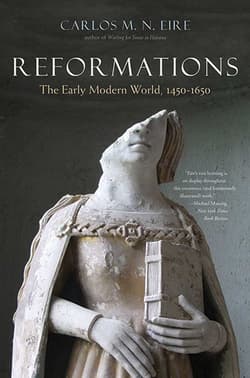
61,16 zł
Najniższa cena z 30 dni przed obniżką.
81,55 zł
- sugerowana cena detaliczna
Reformations The Early Modern World, 1450-1650
Chwilowo niedostępny
Książka. Okładka broszurowa (miękka)
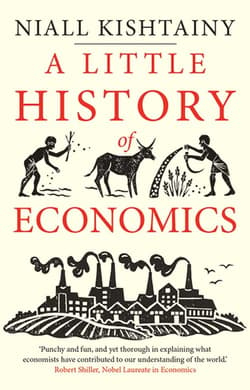
37,46 zł
Najniższa cena z 30 dni przed obniżką.
49,95 zł
- sugerowana cena detaliczna
Little History of Economics
6,0 (1)
Chwilowo niedostępny
Książka. Okładka broszurowa (miękka)
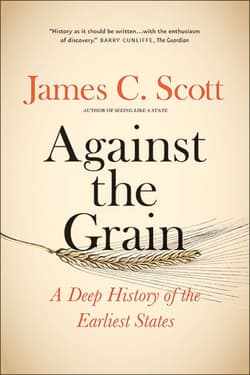
46,76 zł
Najniższa cena z 30 dni przed obniżką.
62,35 zł
- sugerowana cena detaliczna
Against the Grain A Deep History of the Earliest States
Chwilowo niedostępny
Książka. Okładka broszurowa (miękka)
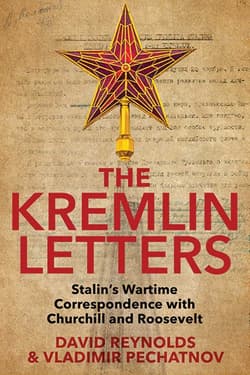
90,00 zł
Najniższa cena z 30 dni przed obniżką.
120,00 zł
- sugerowana cena detaliczna
Kremlin Letters Stalin's Wartime Correspondence with Churchill and Roosevelt
Chwilowo niedostępny
Książka. Okładka twarda
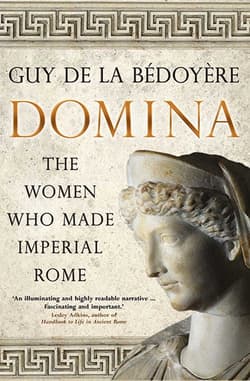
90,00 zł
Najniższa cena z 30 dni przed obniżką.
120,00 zł
- sugerowana cena detaliczna
Domina The Women Who Made Imperial Rome
Chwilowo niedostępny
Książka. Okładka twarda
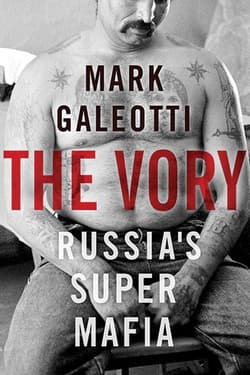
72,00 zł
Najniższa cena z 30 dni przed obniżką.
96,00 zł
- sugerowana cena detaliczna
Vory Russia's Super Mafia
Chwilowo niedostępny
Książka. Okładka twarda
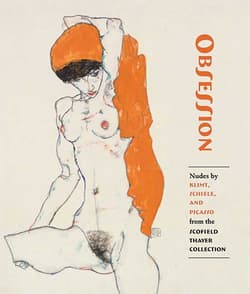
72,00 zł
Najniższa cena z 30 dni przed obniżką.
96,00 zł
- sugerowana cena detaliczna
Obsession Nudes by Klimt, Schiele, and Picasso from the Scofield Thayer Collection
Chwilowo niedostępny
Książka. Okładka broszurowa (miękka)
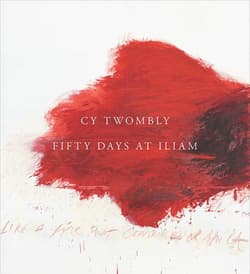
90,00 zł
Najniższa cena z 30 dni przed obniżką.
120,00 zł
- sugerowana cena detaliczna
Cy Twombly Fifty Days at Iliam
Chwilowo niedostępny
Książka. Okładka twarda
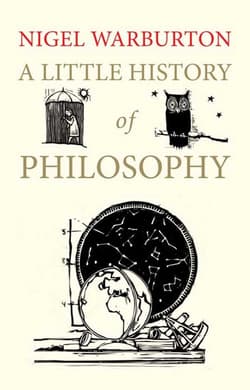
35,96 zł
Najniższa cena z 30 dni przed obniżką.
47,95 zł
- sugerowana cena detaliczna
Little History of Philosophy
8,0 (1)
Chwilowo niedostępny
Książka. Okładka broszurowa (miękka)
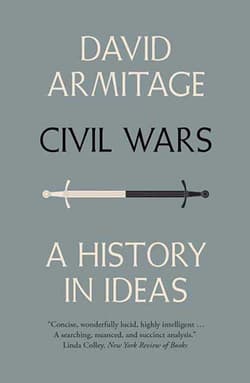
41,25 zł
Najniższa cena z 30 dni przed obniżką.
55,00 zł
- sugerowana cena detaliczna
Civil Wars A History in Ideas
Chwilowo niedostępny
Książka. Okładka broszurowa (miękka)
Bestsellery
38,94 zł
Najniższa cena z 30 dni przed obniżką.
64,90 zł
- sugerowana cena detaliczna
Norbi,
Sylwia Borowska
5,5 (2)
Książka. Okładka broszurowa ze skrzydełkami
20,77 zł
Najniższa cena z 30 dni przed obniżką.
32,00 zł
- sugerowana cena detaliczna
7,2 (977)
Książka. Okładka broszurowa (miękka)
32,94 zł
Najniższa cena z 30 dni przed obniżką.
54,90 zł
- sugerowana cena detaliczna
Maja Wolny
8,0 (1)
Książka. Okładka broszurowa ze skrzydełkami
42,86 zł
Najniższa cena z 30 dni przed obniżką.
67,00 zł
- sugerowana cena detaliczna
Aneta Godynia
7,3 (16)
Książka. Okładka twarda
37,39 zł
Najniższa cena z 30 dni przed obniżką.
54,99 zł
- sugerowana cena detaliczna
Valles Tina
8,2 (204)
Książka. Okładka twarda
47,94 zł
Najniższa cena z 30 dni przed obniżką.
79,90 zł
- sugerowana cena detaliczna
Theis Ørntoft
6,9 (51)
Książka. Okładka twarda
32,94 zł
Najniższa cena z 30 dni przed obniżką.
54,90 zł
- sugerowana cena detaliczna
Gabriela Gargaś
8,0 (98)
Książka. Okładka broszurowa ze skrzydełkami
32,89 zł
Najniższa cena z 30 dni przed obniżką.
49,90 zł
- sugerowana cena detaliczna
Agata Przybyłek
7,6 (137)
Książka. Okładka broszurowa ze skrzydełkami
57,26 zł
Najniższa cena z 30 dni przed obniżką.
89,90 zł
- sugerowana cena detaliczna
Kalina Błażejowska
7,8 (1162)
Książka. Okładka twarda
31,39 zł
Najniższa cena z 30 dni przed obniżką.
49,90 zł
- sugerowana cena detaliczna
Michał Cierzniak
7,2 (25)
Książka. Okładka broszurowa (miękka)
43,90 zł
Najniższa cena z 30 dni przed obniżką.
69,99 zł
- sugerowana cena detaliczna
Charlotte McConaghy
7,6 (1604)
Książka. Okładka broszurowa (miękka)
33,99 zł
Najniższa cena z 30 dni przed obniżką.
49,99 zł
- sugerowana cena detaliczna
Magdalena Kordel
8,0 (128)
Książka. Okładka broszurowa ze skrzydełkami
77,54 zł
Najniższa cena z 30 dni przed obniżką.
129,00 zł
- sugerowana cena detaliczna
Thomas Pynchon
Książka. Okładka broszurowa ze skrzydełkami
35,99 zł
Najniższa cena z 30 dni przed obniżką.
59,99 zł
- sugerowana cena detaliczna
Wojciech Dutka
7,7 (84)
Książka. Okładka broszurowa (miękka)
36,33 zł
Najniższa cena z 30 dni przed obniżką.
59,99 zł
- sugerowana cena detaliczna
Tony Tulathimutte
6,3 (266)
Książka. Okładka broszurowa (miękka)
41,70 zł
Najniższa cena z 30 dni przed obniżką.
69,00 zł
- sugerowana cena detaliczna
Kamel Dauod
8,0 (118)
Książka. Okładka twarda
35,94 zł
Najniższa cena z 30 dni przed obniżką.
59,90 zł
- sugerowana cena detaliczna
Daniel Mason
7,6 (147)
Książka. Okładka broszurowa (miękka)
36,50 zł
Najniższa cena z 30 dni przed obniżką.
49,99 zł
- sugerowana cena detaliczna
Robert Foks
7,8 (67)
Książka. Okładka broszurowa ze skrzydełkami
26,94 zł
Najniższa cena z 30 dni przed obniżką.
44,90 zł
- sugerowana cena detaliczna
Jolanda Palágyi
Książka. Okładka broszurowa (miękka)
35,79 zł
Najniższa cena z 30 dni przed obniżką.
54,90 zł
- sugerowana cena detaliczna
McCarthy Cormac
Książka. Okładka twarda
46,98 zł
Najniższa cena z 30 dni przed obniżką.
69,90 zł
- sugerowana cena detaliczna
Olga Tokarczuk
Książka. Okładka twarda
31,45 zł
Najniższa cena z 30 dni przed obniżką.
49,99 zł
- sugerowana cena detaliczna
Artur Nowak
6,5 (212)
Książka. Okładka twarda
32,99 zł
Najniższa cena z 30 dni przed obniżką.
44,90 zł
- sugerowana cena detaliczna
Robert Foks
7,6 (89)
Książka
50,89 zł
Najniższa cena z 30 dni przed obniżką.
79,91 zł
- sugerowana cena detaliczna
Eleanor Catton
6,8 (177)
Książka. Okładka twarda
39,94 zł
Najniższa cena z 30 dni przed obniżką.
59,90 zł
- sugerowana cena detaliczna
Claire Lombardo
7,5 (218)
Książka. Okładka broszurowa (miękka)
47,59 zł
Najniższa cena z 30 dni przed obniżką.
69,99 zł
- sugerowana cena detaliczna
Andrea Jean-Baptiste
7,9 (613)
Książka. Okładka twarda
50,89 zł
Najniższa cena z 30 dni przed obniżką.
79,91 zł
- sugerowana cena detaliczna
Karl Ove Knausgård
Książka. Okładka twarda
47,59 zł
Najniższa cena z 30 dni przed obniżką.
69,99 zł
- sugerowana cena detaliczna
Piotr Korczyński
7,2 (36)
Książka. Okładka twarda
33,49 zł
Najniższa cena z 30 dni przed obniżką.
54,99 zł
- sugerowana cena detaliczna
Inge Dougans
Książka. Okładka broszurowa (miękka)
58,21 zł
Najniższa cena z 30 dni przed obniżką.
89,00 zł
- sugerowana cena detaliczna
Steven Erikson
Książka. Okładka twarda
31,45 zł
Najniższa cena z 30 dni przed obniżką.
49,99 zł
- sugerowana cena detaliczna
Artur Nowak
6,5 (453)
Książka. Okładka twarda
58,74 zł
Najniższa cena z 30 dni przed obniżką.
89,00 zł
- sugerowana cena detaliczna
Steven Erikson
Książka. Okładka twarda
29,99 zł
Najniższa cena z 30 dni przed obniżką.
49,99 zł
- sugerowana cena detaliczna
Brigitte Giraud
6,5 (196)
Książka. Okładka twarda
36,50 zł
Najniższa cena z 30 dni przed obniżką.
49,99 zł
- sugerowana cena detaliczna
Robert Foks
7,3 (149)
Książka. Okładka broszurowa (miękka)
59,94 zł
Najniższa cena z 30 dni przed obniżką.
99,90 zł
- sugerowana cena detaliczna
Marek A. Koprowski
7,2 (18)
Książka. Okładka twarda
17,99 zł
Najniższa cena z 30 dni przed obniżką.
27,00 zł
- sugerowana cena detaliczna
William James
Książka. Okładka broszurowa (miękka)
32,99 zł
Najniższa cena z 30 dni przed obniżką.
49,99 zł
- sugerowana cena detaliczna
Jakub Ćwiek
6,8 (204)
Książka. Okładka broszurowa (miękka)
30,27 zł
Najniższa cena z 30 dni przed obniżką.
44,99 zł
- sugerowana cena detaliczna
Jakub Ćwiek
6,6 (3985)
Książka. Okładka broszurowa ze skrzydełkami
51,99 zł
Najniższa cena z 30 dni przed obniżką.
74,90 zł
- sugerowana cena detaliczna
Holly Tse
10,0 (1)
Książka. Okładka broszurowa (miękka)
31,72 zł
Najniższa cena z 30 dni przed obniżką.
39,90 zł
- sugerowana cena detaliczna
Éric Vuillard
6,5 (254)
Książka. Okładka twarda
31,50 zł
Najniższa cena z 30 dni przed obniżką.
69,99 zł
- sugerowana cena detaliczna
Maggie Shipstead
7,4 (245)
Książka. Okładka twarda
37,55 zł
Najniższa cena z 30 dni przed obniżką.
59,90 zł
- sugerowana cena detaliczna
Philip Roth
7,7 (586)
Książka. Okładka twarda
27,92 zł
Najniższa cena z 30 dni przed obniżką.
44,99 zł
- sugerowana cena detaliczna
Emily St. John Mandel
6,7 (1039)
Książka. Okładka broszurowa (miękka)
27,71 zł
Najniższa cena z 30 dni przed obniżką.
44,00 zł
- sugerowana cena detaliczna
Karpowicz Maria
Książka. Okładka broszurowa ze skrzydełkami
29,99 zł
Najniższa cena z 30 dni przed obniżką.
44,99 zł
- sugerowana cena detaliczna
Artur Nowak,
Stanisław Obirek
7,2 (1358)
Książka. Okładka broszurowa ze skrzydełkami
31,45 zł
Najniższa cena z 30 dni przed obniżką.
49,00 zł
- sugerowana cena detaliczna
Henry Miller
7,0 (1727)
Książka. Okładka twarda z obwolutą
44,31 zł
Najniższa cena z 30 dni przed obniżką.
59,00 zł
- sugerowana cena detaliczna
Miłobędzka Krystyna
7,8 (20)
Książka. Okładka broszurowa (miękka)
29,94 zł
Najniższa cena z 30 dni przed obniżką.
49,90 zł
- sugerowana cena detaliczna
Rutkowski Bartosz
Książka. Okładka broszurowa (miękka)
36,50 zł
Najniższa cena z 30 dni przed obniżką.
50,00 zł
- sugerowana cena detaliczna
Białek Józef
Książka. Okładka broszurowa (miękka)
53,21 zł
Najniższa cena z 30 dni przed obniżką.
56,90 zł
- sugerowana cena detaliczna
Lauren Weisberger
Książka. Okładka broszurowa (miękka)
60,32 zł
Najniższa cena z 30 dni przed obniżką.
99,90 zł
- sugerowana cena detaliczna
Frans Masereel
Książka. Okładka twarda
35,94 zł
Najniższa cena z 30 dni przed obniżką.
59,90 zł
- sugerowana cena detaliczna
James Leo Herlihy
7,0 (655)
Książka. Okładka twarda
38,94 zł
Najniższa cena z 30 dni przed obniżką.
64,90 zł
- sugerowana cena detaliczna
Elif Shafak
7,9 (677)
Książka. Okładka twarda
39,41 zł
Najniższa cena z 30 dni przed obniżką.
59,00 zł
- sugerowana cena detaliczna
Corey James S.A.
Książka. Okładka twarda
45,53 zł
Najniższa cena z 30 dni przed obniżką.
69,00 zł
- sugerowana cena detaliczna
Steven Erikson
Książka. Okładka twarda
58,74 zł
Najniższa cena z 30 dni przed obniżką.
89,00 zł
- sugerowana cena detaliczna
Steven Erikson
Książka. Okładka twarda
45,54 zł
Najniższa cena z 30 dni przed obniżką.
69,00 zł
- sugerowana cena detaliczna
Steven Erikson
Książka. Okładka twarda
58,74 zł
Najniższa cena z 30 dni przed obniżką.
89,00 zł
- sugerowana cena detaliczna
Steven Erikson
Książka. Okładka twarda
27,49 zł
Najniższa cena z 30 dni przed obniżką.
44,40 zł
- sugerowana cena detaliczna
Aline Gruber-Keppler
Książka. Okładka broszurowa (miękka)
31,99 zł
Najniższa cena z 30 dni przed obniżką.
42,90 zł
- sugerowana cena detaliczna
Anna Widawska
5,2 (13)
Książka. Okładka broszurowa (miękka)

